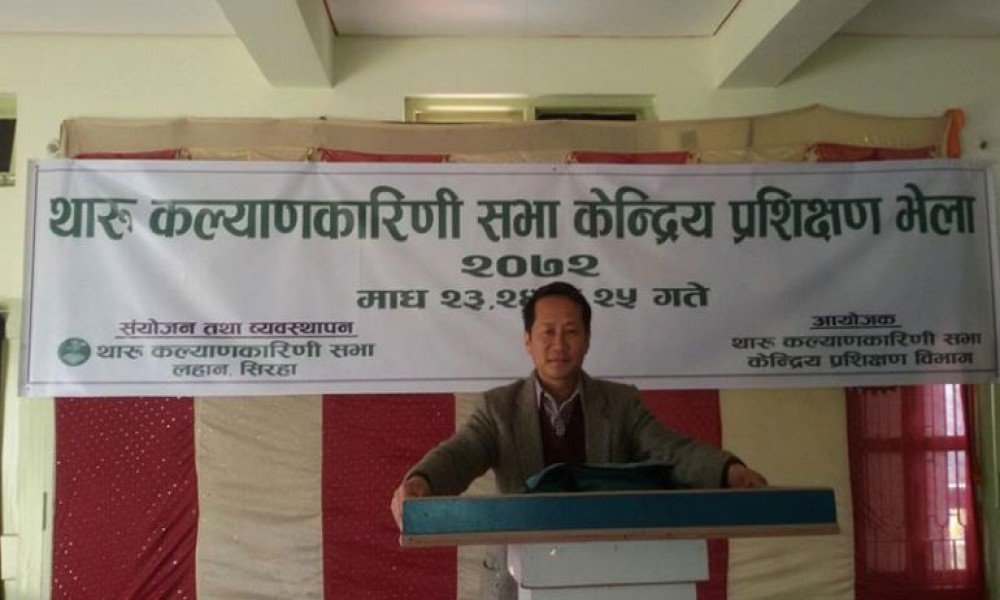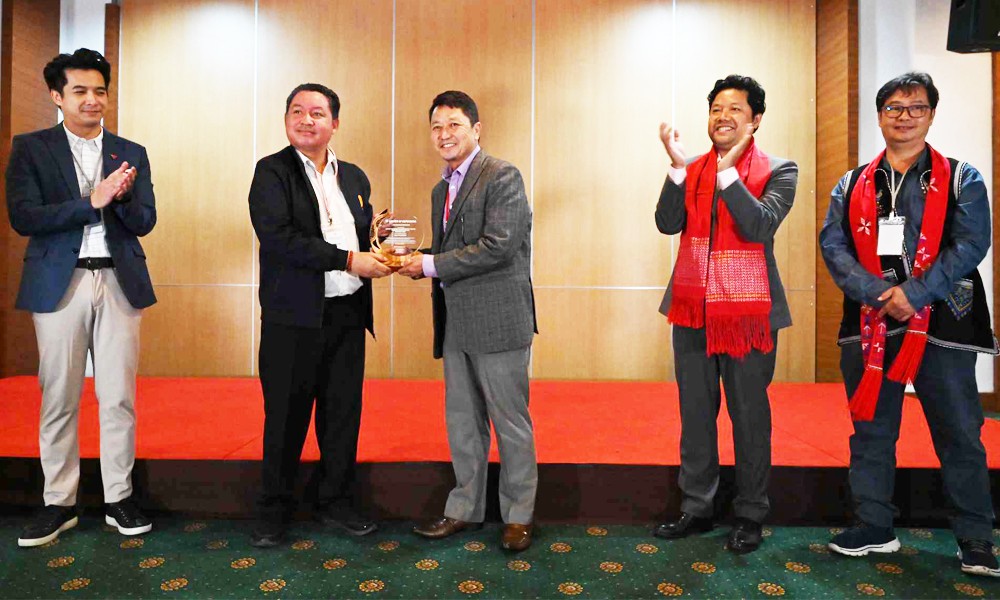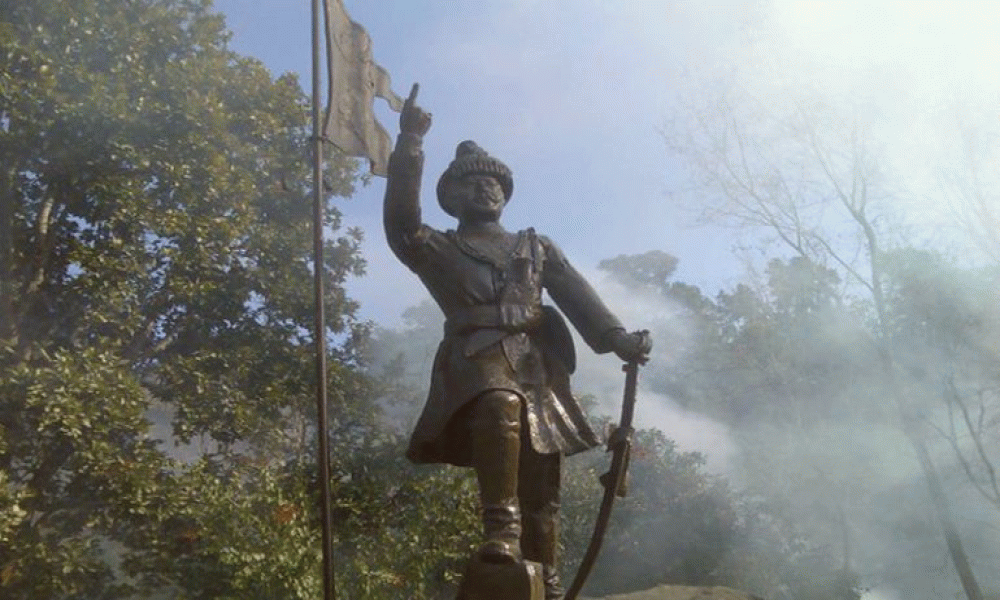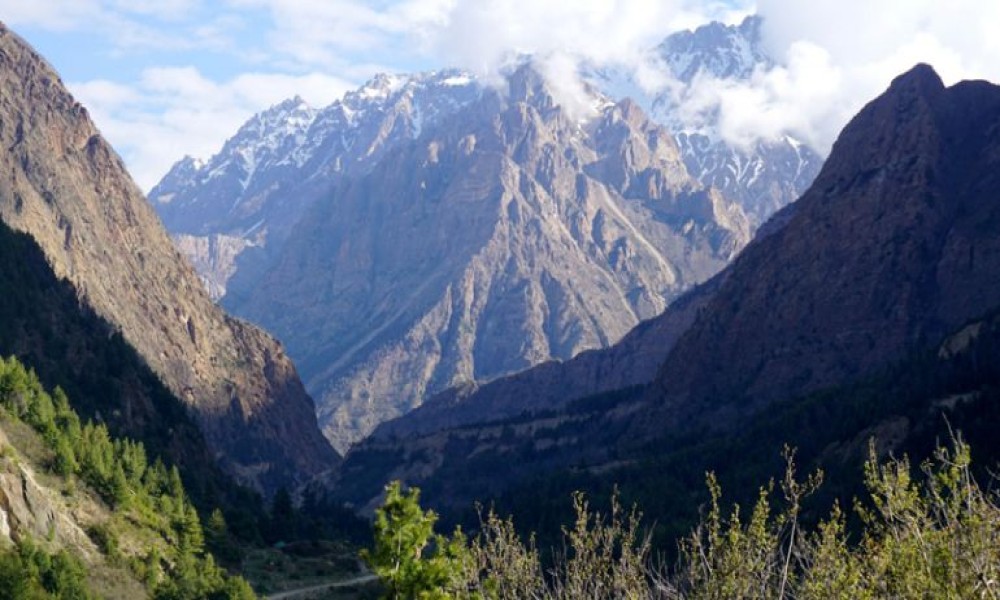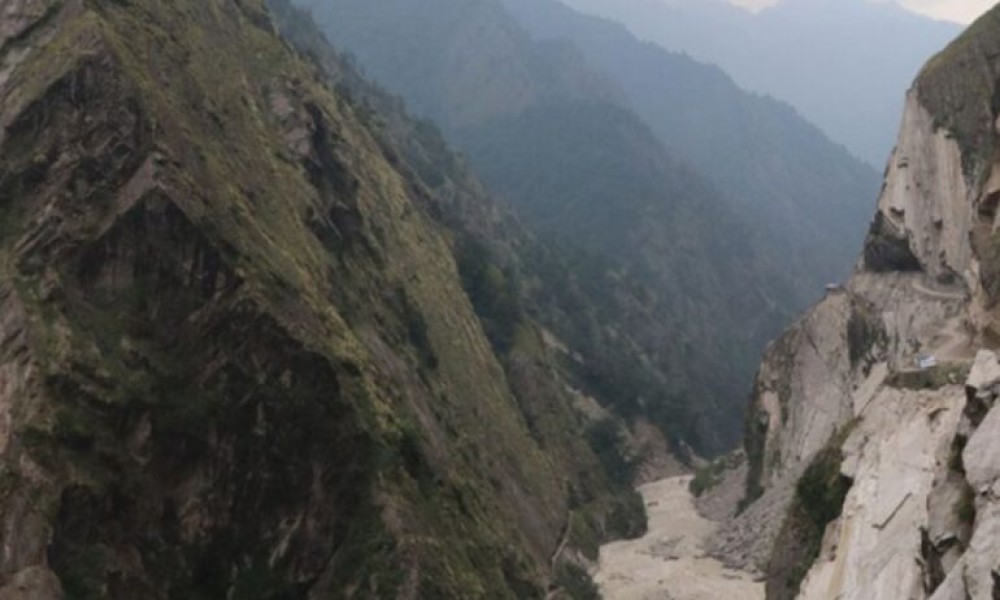The iconic 16th US President Abraham Lincoln has defined democracy as the government of the people, by the people and for the people, and it is often repeated in the discourse about good governance and inclusion. But Nepal has witnessed a distorted form of Lincoln's definition of democracy: it is the government of the privileged, by the privileged and for the privileged.
Nepal's privileged class has craftily drafted laws to ensure that only they benefit from natural resources. It looks like the laws enable every caste, community and tribe to utilize natural resources. But in practice, they just serve the purpose of the privileged class.
Nepal has witnessed a distorted form of Lincoln's definition of democracy: it is the government of the privileged, by the privileged and for the privileged.
How Nepal's vast hydropower potential is being tapped by the privileged class for their own benefit at the cost of more marginalization of indigenous people is an example of the distorted definition of democracy. It is the top political leaders and bureaucrats who are at the helm of granting licenses for hydropower projects. They have so far distributed as many as 6,000 river parts among individual investors and companies. Needless to say, they get kickbacks from their power to grant hydropower licenses.
Whether top leaders or bureaucrats, they belong to one caste: Bahuns. They have dominated ruling parties, the opposition and bureaucracy. And this is what gives them power to become richer as indigenous people remain poor and excluded. Rivers are not property of any particular caste, group or community's property. They should be utilized for inclusive growth of the entire nation. But one privileged community has been using all hydropower sources as their own property, and Adivasi Janajatis, Dalits and the poor among the Bahun themselves remain neglected. As long as this situation remains, inclusive growth will remain just as a myth in Nepal.
one privileged community has been using all hydropower sources as their own property, and Adivasi Janajatis, Dalits and the poor among the Bahun themselves remain neglected. As long as this situation remains, inclusive growth will remain just as a myth in Nepal.
So how do we change this situation? The change must start from rewriting of the constitution because it is the main source of all laws, acts and regulations that perpetuate marginalization of ethnic communities. While revising the constitution, we must take into account international treaties, conventions and practices that indigenous people's permanent sovereignty over natural resources. The constitution draft by the first Constituent Assembly, which was not endorsed, had ensured indigenous people's rights over natural resources in tune with the International Labor Organization (ILO) convention-169. But the ILO convention was totally neglected when the new constitution was drafted.
Adhering to the ILO convention is important because prior informed consent and participation of indigenous people is important. When the earthquake hit central Nepal last year, poor Tamang people from nine different villages of Rasuwa district where as many as 14 hydropower projects were built or being built were displaced. Those who benefit from hydropower projects were not hit by the earthquake. So when such big development projects are built, it is important to ensure participation of local communities, not necessarily Janajatis. Even the poor Bahuns or Chhetris living there should be participated in the projects.



